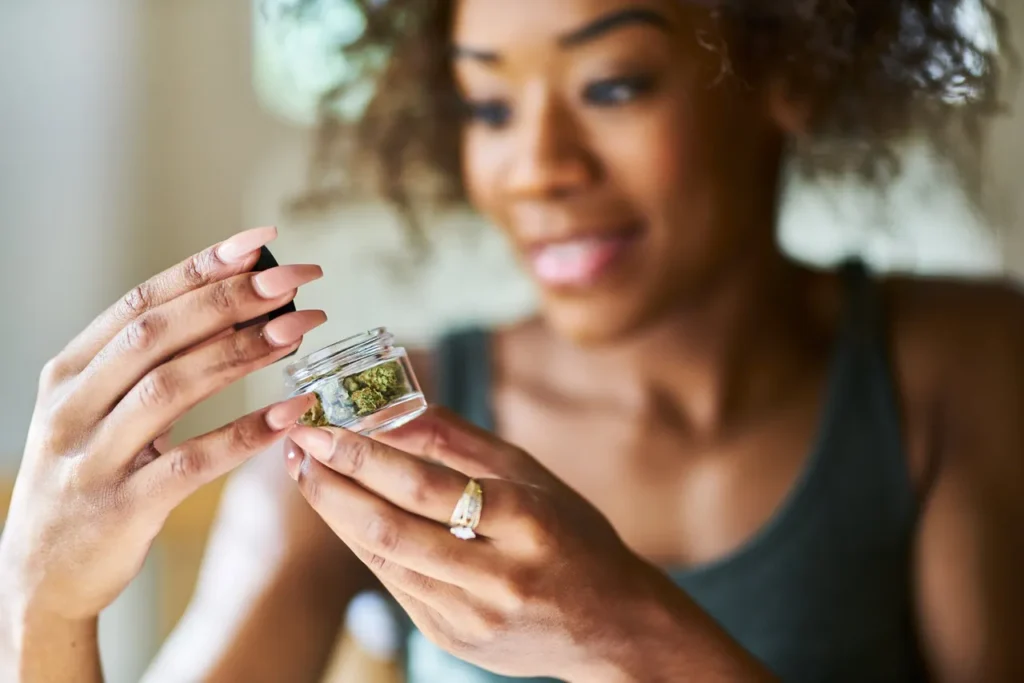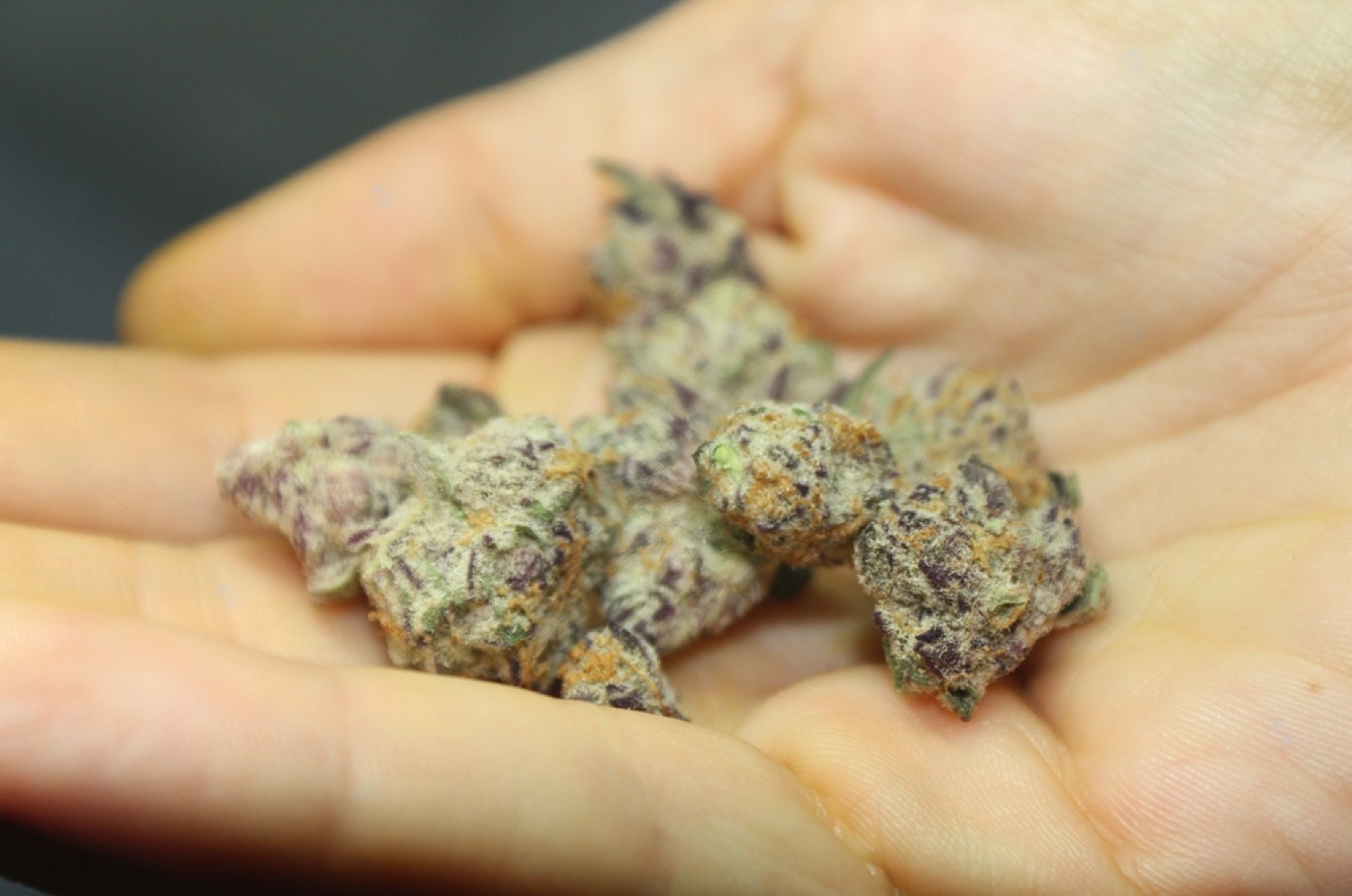Cannabis Consumption and Mental Health: Navigating the Complex Relationship
Introduction
Cannabis consumption and mental health are two topics that have garnered increasing attention in recent years. As more states and countries legalize cannabis for medical and recreational use, there is a growing need to understand how its consumption impacts mental well-being. In this article, we’ll delve into the intricacies of this relationship, exploring both the potential benefits and risks associated with cannabis use for mental health. For individuals seeking guidance in this realm, reputable sources such as Santa Rosa dispensaries can provide valuable information and support regarding cannabis products and their potential effects on mental health.
Understanding Cannabis Consumption
Before we explore its impact on mental health, it’s essential to understand how cannabis is consumed. Cannabis can be ingested through various methods, including smoking, vaping, edibles, and topicals. Each method delivers cannabinoids—chemical compounds found in cannabis—to the body and brain, eliciting different effects. The two primary cannabinoids of interest are tetrahydrocannabinol (THC) and cannabidiol (CBD), each with unique properties and potential therapeutic benefits.
Mental Health and Cannabis: The Current Landscape
Mental health conditions such as anxiety, depression, and post-traumatic stress disorder (PTSD) affect millions of people worldwide. Historically, there has been stigma surrounding cannabis use, particularly concerning its potential impact on mental health. However, recent research has shed light on the complex relationship between cannabis consumption and mental well-being.
While some studies suggest that cannabis use may alleviate symptoms of certain mental health conditions, such as anxiety and PTSD, others indicate potential risks, particularly for vulnerable populations. Understanding the current landscape requires examining the diverse range of research findings and recognizing the limitations of existing studies.
Positive Effects of Cannabis on Mental Health
Despite the controversies surrounding cannabis use, many individuals report positive experiences with its therapeutic effects. For some, cannabis offers relief from symptoms of anxiety, depression, and chronic pain, allowing them to manage their mental health more effectively. Cannabidiol (CBD), a non-intoxicating cannabinoid found in cannabis, has gained attention for its potential anxiolytic and antidepressant properties, offering a promising avenue for mental health management.
Anecdotal evidence and emerging research suggest that cannabis may enhance mood, promote relaxation, and improve overall well-being for some individuals. However, it’s crucial to recognize that individual responses to cannabis vary, and what works for one person may not work for another.
Risks and Challenges
While cannabis holds promise as a therapeutic agent for mental health, it’s not without its risks. Heavy or chronic cannabis use has been associated with adverse mental health outcomes, including increased risk of psychosis, cognitive impairment, and substance dependence. Adolescents and young adults, whose brains are still developing, may be particularly susceptible to the negative effects of cannabis on mental health.
Moreover, individuals with a predisposition to mental illness or a history of psychiatric disorders may be at greater risk of experiencing adverse reactions to cannabis. Understanding these risks and challenges is essential for promoting safe and responsible cannabis use among consumers.
Navigating the Complex Relationship
Given the complexities of the relationship between cannabis consumption and mental health, navigating this terrain requires careful consideration and informed decision-making. For individuals using cannabis for therapeutic purposes, it’s essential to consult with healthcare professionals who can provide guidance based on individual needs and circumstances.
Moderation is key when it comes to cannabis consumption, especially for those with mental health concerns. Choosing the right strain, dosage, and consumption method can make a significant difference in the overall experience and outcomes. Additionally, incorporating other evidence-based strategies such as therapy, exercise, and stress management techniques can complement cannabis use in promoting mental well-being.
Conclusion
In conclusion, the relationship between cannabis consumption and mental health is multifaceted and nuanced. While cannabis holds promise as a therapeutic agent for some individuals, it’s not a one-size-fits-all solution, and its effects vary depending on factors such as dose, frequency of use, and individual susceptibility. By understanding the potential benefits and risks associated with cannabis use, we can navigate this complex relationship responsibly and promote mental health and well-being for all. For those seeking further guidance or access to reliable cannabis products, consulting a reputable source such as a Santa Rosa marijuana dispensary can offer valuable support and information tailored to individual needs.


